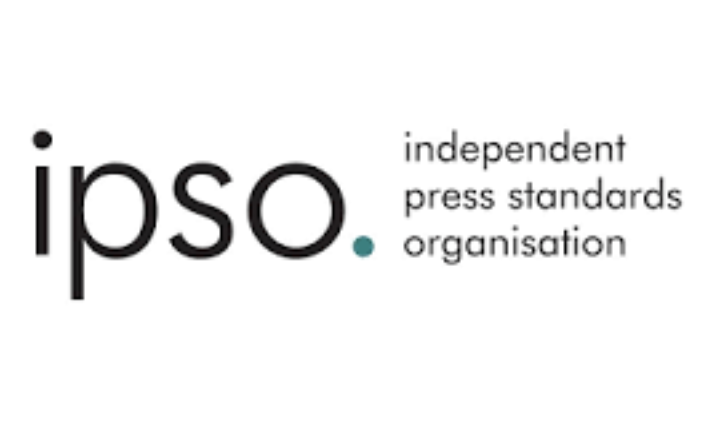
As you may already have seen, IPSO is currently updating its guidance on reporting sex and gender identity, and the regulator is inviting journalists, and other interested parties, to comment on their draft guidelines.
You can read more about the consultation here.
Debate around sex and gender identity is often highly charged, and in this heat the importance of differentiating between the two is often lost.
Risk of disease
As health writers, we know that biological sex has a huge impact on our risk of disease, presentation of symptoms and response to drugs.
At the 2021 MJA Awards, Zaria Gorvett won the David Delvin Award for her thought-provoking article for BBC Future: Why transgender people are ignored by modern medicine.
Recently, a group of scientists has suggested the terms man and woman should be replaced with ‘sperm-producing’ or ‘egg-producing’, because the former ‘are used to reinforce societally-imposed ideas of a sex binary’.
‘Double-blind’, ‘invasive species’ and survival of the fittest are also on the group’s naughty list.
Contemptuous ridicule
Professor Richard Dawkins believes, ‘The only possible response is contemptuous ridicule.’
Language matters, particularly when it comes to reporting health and medicine. The eminent obstetrician, Professor Susan Bewley has also co-authored a number of academic papers looking at the importance of sexed language in healthcare, and the unintended consequences of well-meaning attempts to adopt gender-neutral language in the name of inclusivity.
Inaccurate or confusing
As this paper, published in Frontiers in Global Women’s Health points out, “Replacing a word with another of different meaning as if they are synonyms makes communications inaccurate or confusing.”
It can also lead to clumsy and complicated journalism. Rather than use one word, woman, the first iteration of this BBC article on endometriosis referred to ‘people of any age in the UK, who are assigned female at birth’ and went on to refer to ‘people’ with endometriosis.
Common sense, and clarity, prevailed and the article was updated a few days later to refer to ‘women’.
Assigned or recorded?
Personally, I dislike the phrase ‘assigned at birth’ as it suggests sex is some kind of cosmic lottery rather than a biological reality determined by the presence of XX or XY chromosomes. I believe the phrase was first coined in reference to infants born with differences of sex development (DSD, sometimes described as intersex in the past) — and in that context it makes complete sense.
But why has a phrase used in the context of a vanishingly small percentage of infants come to be applied so widely? Why can’t we used ‘recorded at birth’ or ‘registered at birth’ — this would recognise biological reality while acknowledging that some people may have a gender identity which does not align with their sex.
I’m afraid IPSO’s draft guidelines don’t give us any guidance on this particular form of language. But if you would like to comment on the proposed draft, you have until March 10.
.



Jane, thanks for highlighting the IPSO consultation. I would hope that all health and medical journalists/writers would know that having a certificate does not change biology. Clarity in language about sex versus gender is essential, especially when writing for patients and the general public – some of whom may have low health literacy or may not have English as a first language. Confusion (deliberate or not) between sex and gender also has important implications when investigating disparities in healthcare – which of course may disadvantage men as well as women.
Since posting my blog, the Clinical Advisory Network on Sex and Gender (CAN-SG) has published this open letter to NHS Chief Executives detailing the importance of sexed language and the confusion and potential harms caused by the removal of the word ‘woman’ from many NHS documents and pieces of information.
Members may wish to read and sign it — I have:
https://can-sg.org/2023/02/23/open-letter-to-nhs-chiefs-the-importance-of-the-word-woman/